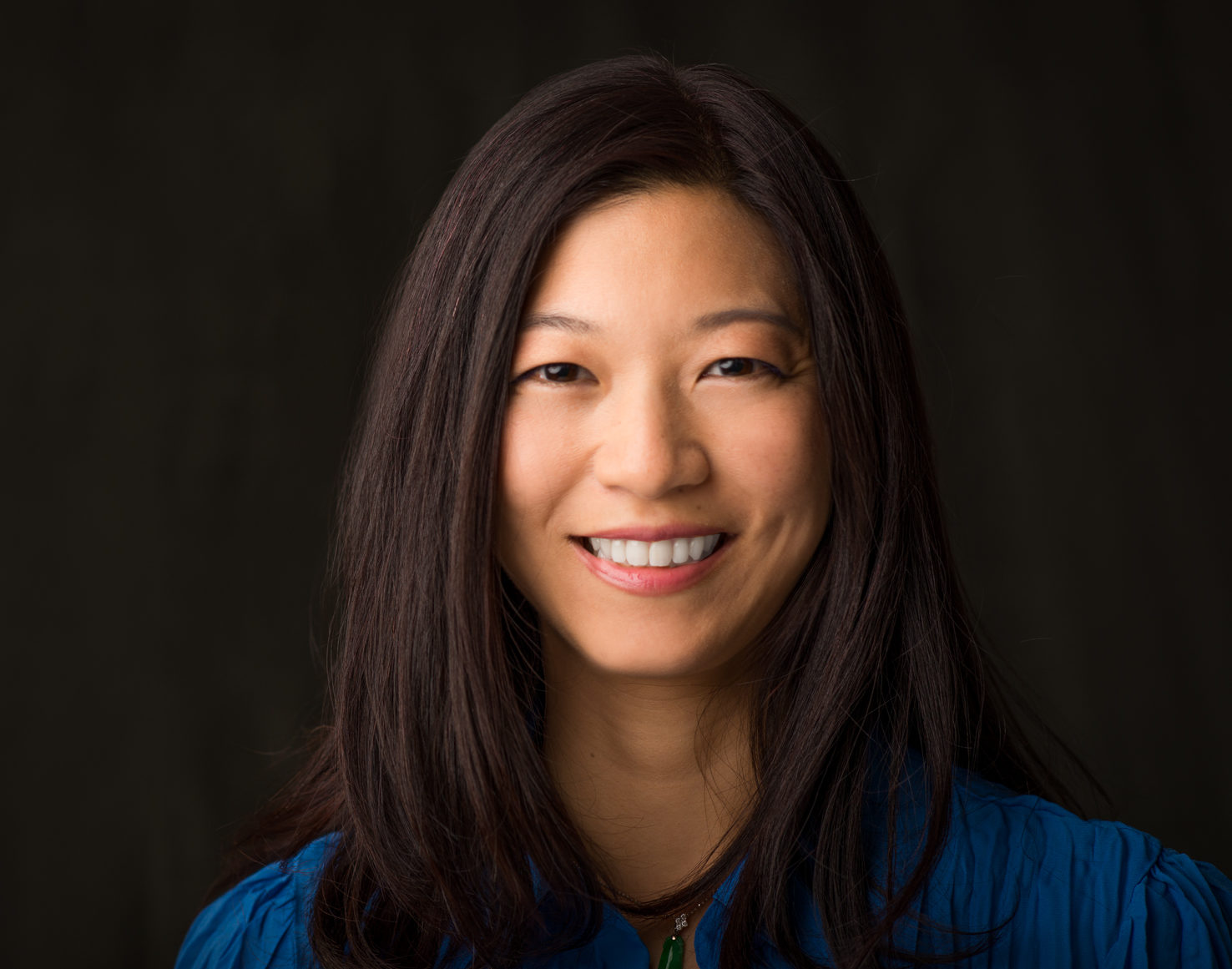
November 20, 2024
15 Minutes with Jarling Ho, LeadBoston ’22
We recently sat down with Jarling Ho (LB ‘22), Program Manager at Massachusetts Office of Public Collaboration, an applied research center and the statutory state dispute resolution office, serving executive, judicial and legislative branches of government and municipalities since 1990.
We’re in a time of high polarization. Do you have any tips, as a mediator, about ways folks can build relationships and understanding across difference?
We’re all human. We hold different perspectives for the same situation. All of it is informed by our life experiences, our values, how we see ourselves. We can approach folks who grew up in circumstances different from our own with curiosity and humility to help us connect with them. What’s important to the person you’re speaking with? That can help us get past positions and delve deeper into values and interests, which can often reveal that we share more in common than we think.
There is a lot of rhetoric that frames issues as binary, as “us versus them,” and this tide is hard to swim against. Even as a mediator, I get pulled into this binary view and a zero-sum game mentality. I remind myself that many conflicting views can be true, that situations are more nuanced than presented, and that we are all humans with strong emotions about the things most important to us.
Can you tell us about your experience in LeadBoston and how it has impacted your career path?
Participating in LeadBoston has been a key part of my developing my skills set in equity and inclusion work. The knowledge and confidence I gained there has helped me to influence and push for change at the Massachusetts Office of Public Collaboration and our network of community mediation centers.
What are a few of your most meaningful milestones since you participated in LeadBoston?
MOPC is an agency that serves the three branches of government, and it also functions as the grantor for community mediation in Massachusetts. In 2022 we developed and launched a DEI grant for community mediation centers (CMCs) to take steps towards becoming more inclusive and equitable in ways that were meaningful to them. Activities included conducting organizational/board DEI assessments, developing DEI-informed strategic plans, and increasing organizational knowledge and capacity to integrate an anti-oppression lens into operations. The first two years enabled grantees to increase bilingual staff, to create a guide on gender-neutral language for mediators, to convert a contractor position to full-time position (which included professional development and other benefits), and more.
Our second grant, launched this year, is based on the findings and recommendations of our 2023 report on Barriers to Diversity, Equity, and Inclusion in Community Mediation—something that had not been reported on in our field. I’m proud to have contributed to the report, but most importantly, I am excited to see it inspire others to make the dispute resolution field more inclusive and accessible.
The FY25-27 grant cycle will expand services to under-served areas, as identified by the FEMA community resilience index, which incorporates the CDC social vulnerability index, to acknowledge that diversity has many dimensions, and to ensure CMCs which serve rural areas are not disadvantaged by just focusing on more conventional demographic data.
How do you think about equity and inclusion through your work at the Massachusetts Office of Public Collaboration?
First, as a funder, I think about our grant process, how we support our grantees, and how we administer statewide programs. We’ve developed many practices since the inception of the grant program in 2012 to include their voices, such as consulting with them on establishing grant criteria and procedures. This year, we not only surveyed them for feedback; we have also planned dialogues with them so that it’s more of a two-way street. We can better understand their experience, hear their ideas for improvement, and we can also share what we changed based on their input and why we changed it. I’m excited to see where we will go from this dialogue series with the CMCs. (The dialogue series is being facilitated by a LeadBoston alum, whom I connected with through the LeadBoston alumni network.)
Second, I think about equity and inclusion through how our CMC network engages with and serves—or doesn’t serve—their local communities. What innovative practices has one CMC taken to be more inclusive or equitable, and can that be replicated or adapted at another CMC? How can we partner with CMCs to conduct listening sessions with the communities they’re serving, so that we can listen and learn from them? We hope that these sessions can help shift CMCs from a perspective of educating and teaching the community toward one of collaboration and co-creation.
However, there’s still much work to be done. Boston has a deep history of segregation and inequity that won’t be undone overnight. Opportunities for improvement include addressing economic disparities, particularly in housing and employment, and ensuring that DEI initiatives move beyond performative actions to create sustainable, systemic change. We also need to continue to focus on building inclusive leadership pipelines, so that decision-makers at all levels reflect the diversity of our communities.
About LeadBoston
Our signature leadership program, LeadBoston, supports all individual participants as they create and implement a leadership commitment. This leadership commitment is an action plan that confronts some of the systemic inequities they’ve learned about and that are showing up in their organization. This plan, and the collective LeadBoston experience, empowers leaders to create meaningful change in their workplaces, in their communities, and in the city of Boston itself. Staff work alongside alums for a year following the program to ensure participants have what they need to see their plan through.

